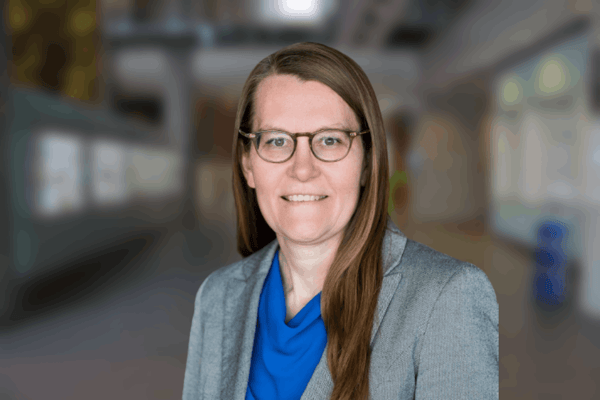How do people access refugee protection in Canada? In this video in the forced migration series,...


How do people access refugee protection in Canada? In this video in the forced migration series,...

Why should Canadians learn more about forced migration in Canada? In this first video in the...

People have differential experiences of forced migration because of intersecting power relations...

Christina Clark-Kazak researches forced migration policy in Canada and globally. She has served as...
Introduction to Forced Migration by Christina Clark-Kazak part 4: Key Actors in Forced Migration
In the fourth video in the forced migration series, Professor Clark-Kazak presents the key actors who - individually and collectively - make decisions about when and how to move, and how to respond to forced migration. These include: people with lived experience of forced migration; multilateral organizations; government actors; and non-governmental organizations.
By Christina Clark-Kazak
Christina Clark-Kazak works as a Full Professor at University of Ottawa’s Graduate School of Public and International Affairs. She served as the President for the International Association for the Study of Forced Migration and worked as the Editor-In-Chief for Refuge: Canada’s Journal on Refugees. In the past she has worked for Saint Paul University, York University, the Canadian Government as well as the Coalition to Stop the Use of Child Soldiers. She held the position of president for the Canadian Association for Refugee and Forced Migration Studies. She worked as Director of York University’s Centre for Refugee Studies and Associate Principal at the University’s bilingual Glendon Campus. She focuses her research on age discrimination in migration and development policy, political participation of young people, and inter-disciplinary methodologies. Professor Clark-Kazak holds a doctorate from Oxford, a master’s from Cambridge, and a BA from the University of British Columbia.Also Read